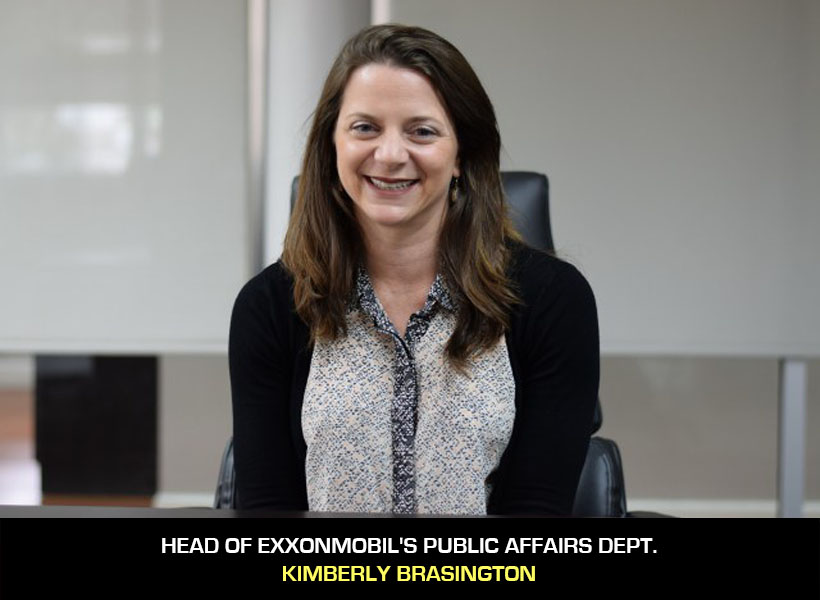The development of local skills, the significant use of indigenous goods and services, and the transfer of technology are what constitute local content in most parts of the world.
But as it appears, ExxonMobil will be allowed to take an entirely unorthodox approach to local content in Guyana.
In fact, ExxonMobil is already applying its own interpretation of what local content is. According to ExxonMobil’s Head of Government and Public Affairs, Kimberly Brasington, local content for this oil giant refers to the mere infusion of money into the economy. She said this can be money spent not only by the company but also by its subcontractors.
Brasington’s comments come on the heels of a list of 228 companies which ExxonMobil used during the first quarter of 2018. (See link for full list https://docs.google.com/spreadsheets/d/1k9poJOdaBpMhetsEZ0a39mn2U1GHb3VrMfi-UtPbFpI/edit#gid=2010221307)
The list includes the names of several media houses, restaurants, and supermarkets. It even includes Bourda Market as well as the names of several individuals “as registered companies.”
Local and regional critics, who have perused the list, categorically stated that it does not reflect the true definition of local content. Brasington told the Guyana Standard that she can agree with this point.
The ExxonMobil official said, “I have to say that I agree with those experts and critics because local content is many things. To ExxonMobil, local content means three main things, one of which is reflected in the list. The way we define local content is investing in your local economy…and the business people have an opportunity to be a part of our supply chain…”
Brasington continued, “We are investing and putting money into the economy and that is what that list represents. But that is in no way our full local content plan. The second pillar of what local content means for us is capacity building. We are fully committed to this and have a completely different initiative in regards to hiring, training and promoting Guyanese to be part of the industry and that is not represented in that list. That is accurate.”
She added, “The third pillar is community strategic investment. This is investment we would have made such as the Centre for Local Business Development.”
The ExxonMobil official reiterated that the list of 228 companies simply represent all the companies which would have received moneys from the American multinational corporation or any of its affiliates.
As for the names of individuals that ended up on the list such as Stan Gouveia, Sonia Noel and Chontelle Sewett, the ExxonMobil official said that the majority of these individuals registered companies in their names. She said, too, that in other cases, the individuals are renting properties to ExxonMobil employees or those of its subcontractors. She said that these individuals have been contracted for several years as landlords.











